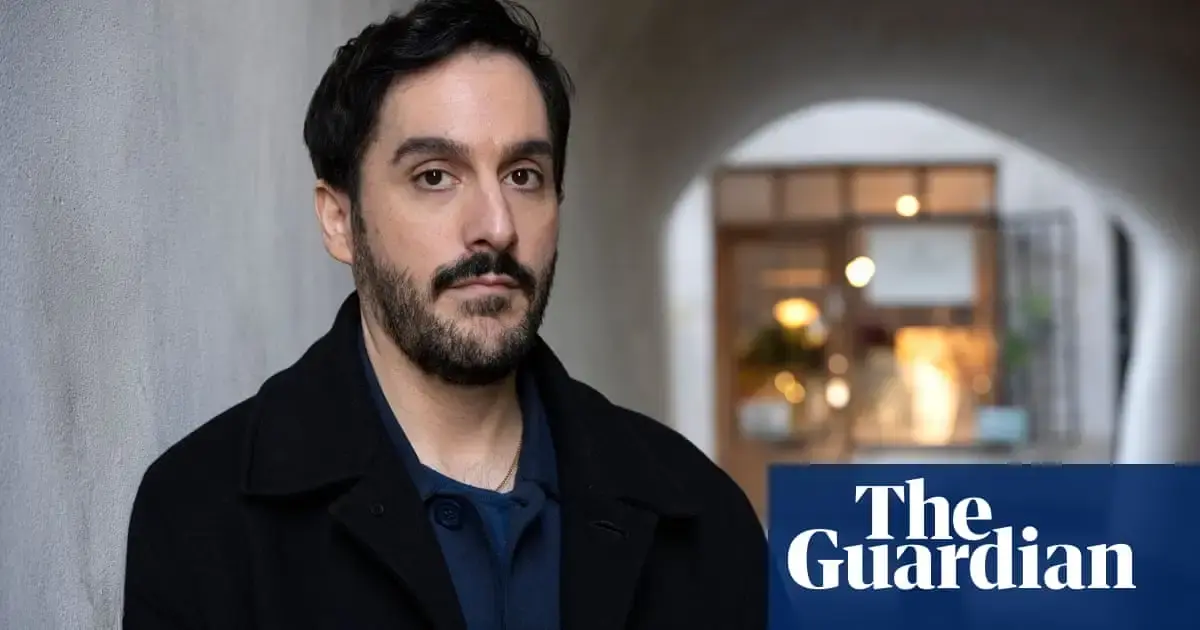🤖 I’m a bot that provides automatic summaries for articles:
Click here to see the summary
To say that Levan Akin’s experience of making his new film, Crossing, was more tranquil than his previous one, And Then We Danced, is a bit like observing that Manchester’s Canal Street has a more inclusive vibe than Moscow’s Red Square.
Both movies are queer-themed: Crossing follows a retired teacher searching for her transgender niece in Istanbul; And Then We Danced concerns a Georgian ballet dancer inching out of the closet.
I like the idea of making the films that I wanted when I was growing up: hopeful, but not naive.” Crossing, with its tale of slow-dawning inter-generational tolerance, was inspired by a real-life story Akin heard about an older Georgian man whose granddaughter was transgender.
The rest of Crossing is crammed with colourful supporting characters who evoke strong community networks and chosen families, whether it’s the urchins looking out for one another on the streets, or the neighbourhood of trans women to whom Lia turns for assistance.
Akin is now firmly established now as a gay director: And Then We Danced was named best feature at the 2019 LGBTQ+ Iris festival in Cardiff, and Crossing won the Teddy jury award at Berlin this year.
Before then, he had undergone an enviable training period at the studio of Roy Andersson, the idiosyncratic director who made the pastoral A Swedish Love Story before switching to the mordantly funny, absurdist tableaux of Songs from the Second Floor and You, the Living.
Saved 83% of original text.



